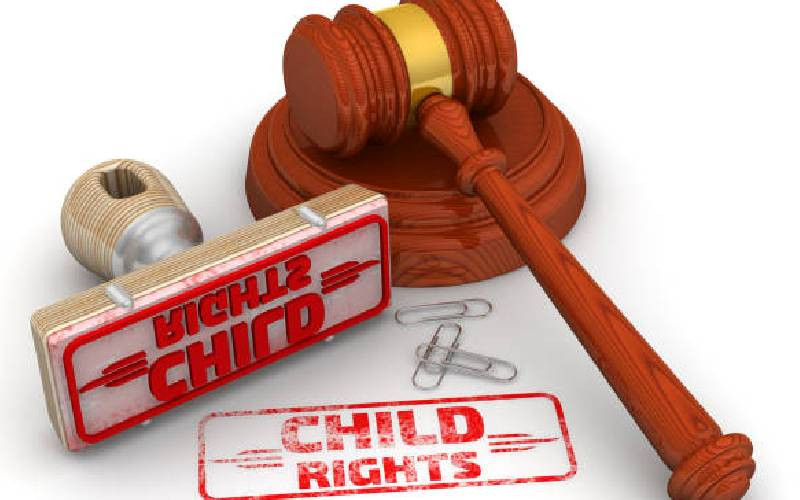×
The Standard e-Paper
Kenya’s Boldest Voice

Practitioners in the field of child sexual exploitation and abuse say the rosy picture created by the "Out of the shadows" report should not fool the country into slowing down on its efforts to combat the menace.
They say lack of accurate data, failure to report incidences, informal justice systems and corruption have clouded the picture and left out many incidents.